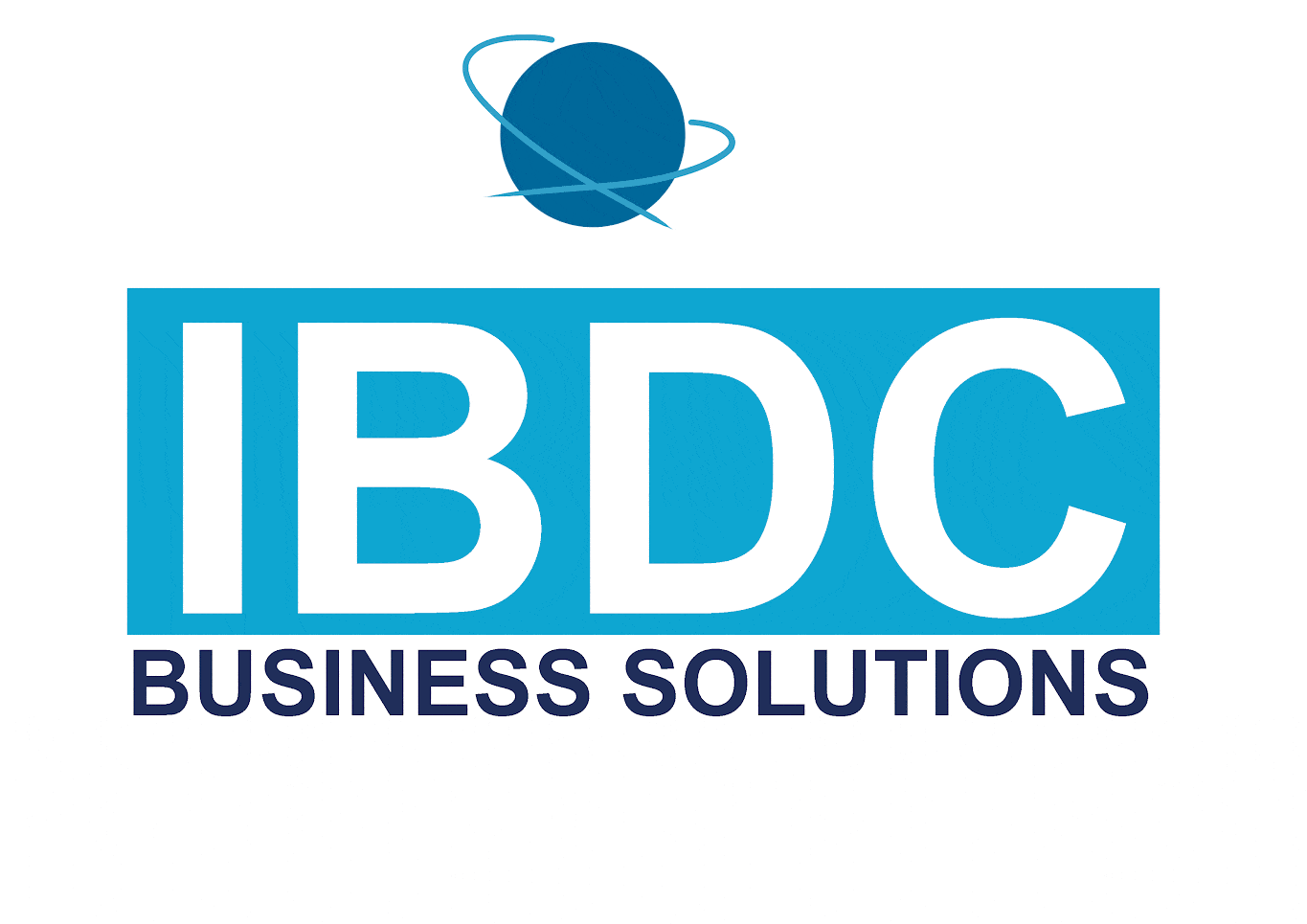The 5 Biggest Mistakes That Kill Business Growth
Starting and growing a business is a challenging but rewarding experience. It takes a lot of hard work, dedication, and perseverance. However, there are a number of common mistakes that can derail even the most promising businesses. These mistakes can be costly and time-consuming to correct, and they can even lead to the failure of the business.
Each of these mistakes can have a significant impact on a business’s growth. By understanding these mistakes and how to avoid them, you can increase your chances of success.
Failing to identify your competition
- You won’t know who you’re up against. If you don’t know who your competitors are, you won’t be able to understand their strengths and weaknesses, their marketing strategies, or their target audience. This makes it difficult to develop a competitive advantage or to effectively market your own products or services.
- You’ll miss out on opportunities. By not knowing who your competitors are, you may miss out on opportunities to partner with them, to learn from them, or to collaborate with them. You may also miss out on opportunities to identify new market segments or to develop new products or services.
- You’ll be blindsided by their moves. If you don’t know who your competitors are, you won’t be able to anticipate their moves. This could leave you unprepared for new product launches, marketing campaigns, or pricing changes.
- You’ll make bad decisions. Without a clear understanding of your competition, you’re more likely to make bad decisions about your business. For example, you might launch a product that’s already been done by your competitors, or you might set your prices too high or too low.
Relying on price as a competitive advantage
Relying on price as a competitive advantage means that a business is trying to attract customers by offering lower prices than its competitors. This can be a successful strategy in some cases, but it can also be risky.
Pros:
- Can attract price-sensitive customers. If you’re able to offer lower prices than your competitors, you may be able to attract customers who are primarily interested in getting the best deal.
- Can increase market share. If you’re able to attract a significant number of price-sensitive customers, you may be able to increase your market share.
- Can be easy to implement. If you’re already selling a product or service, you can often lower your prices without making any major changes to your business.
Cons:
- Can lead to lower profits. If you’re constantly lowering your prices, you may be sacrificing profits.
- Can attract competitors. If you’re known for having the lowest prices, you may attract new competitors who are also willing to sell at a loss.
- Can be difficult to sustain. If your competitors start to lower their prices, you may have to lower your prices even further in order to stay competitive.
Lack of a marketing strategy
A marketing strategy is a plan that outlines how a business will reach its target market and achieve its marketing goals. It should be based on a clear understanding of the business’s target market, its products or services, and its competitive landscape. A lack of a marketing strategy can have a number of negative consequences for a business, including:
- Lack of focus. Without a marketing strategy, businesses may be unsure of who they are targeting or what they are trying to achieve. This can lead to wasted marketing efforts and a lack of results.
- Ineffective marketing. Without a clear plan, businesses may not be using the right marketing channels or messages to reach their target market. This can lead to low awareness and conversion rates.
- Wasted resources. Businesses may waste time and money on marketing campaigns that are not aligned with their goals or target market. This can lead to financial losses and frustration.
- Lost opportunities. Without a marketing strategy, businesses may miss out on opportunities to reach new customers or grow their market share. This can lead to stagnation or even decline.
Here are some tips for creating a marketing strategy:
- Start by defining your target market. Who are you trying to reach with your marketing efforts? What are their needs and wants?
- Set clear marketing goals. What do you want to achieve with your marketing? Do you want to increase brand awareness, generate leads, or drive sales?
- Choose the right marketing channels. Which channels will you use to reach your target market? Will you use online marketing, offline marketing, or a combination of both?
- Develop effective marketing messages. What messages will you use to reach your target market? What will make them stop and listen?
- Measure your results. How will you measure the success of your marketing campaigns? What metrics will you use to track your progress?
Failing to delegate
Failing to delegate is a common mistake that many business owners make. It can lead to a number of problems, including:
- Overwork. If you’re trying to do everything yourself, you’re likely to become overworked and stressed. This can lead to burnout and decreased productivity.
- Missed opportunities. If you’re not delegating, you may miss out on opportunities to grow your business. For example, you may not have the time to explore new markets or develop new products.
- Poor decision-making. If you’re not delegating, you may make poor decisions because you don’t have all the information you need. This can lead to costly mistakes.
- Low morale. If your employees don’t have any responsibility, they may become bored and unmotivated. This can lead to decreased productivity and turnover.
Mixing your personal funds with business funds
Mixing your personal funds with business funds is a common mistake that many small business owners make. It can lead to a number of problems, including:
- Tax problems. If you mix your personal funds with business funds, it can be difficult to track your income and expenses. This can make it difficult to file your taxes correctly and may result in penalties.
- Financial problems. If you’re not careful, you could end up spending business money on personal expenses or vice versa. This can lead to financial problems for both your personal and business finances.
- Legal problems. If you mix your personal funds with business funds, you could be accused of fraud or tax evasion. This could result in fines, jail time, or both.
By avoiding these mistakes, you can increase your chances of success and grow your business into a thriving enterprise.
I hope this elaboration is helpful. If you want to help to grow your business. Email us at info@ibdcbusiness.com.







